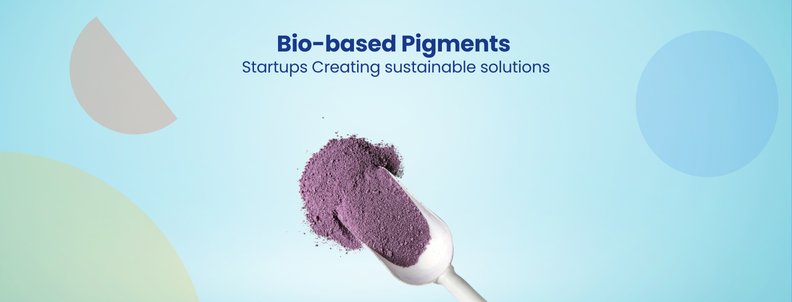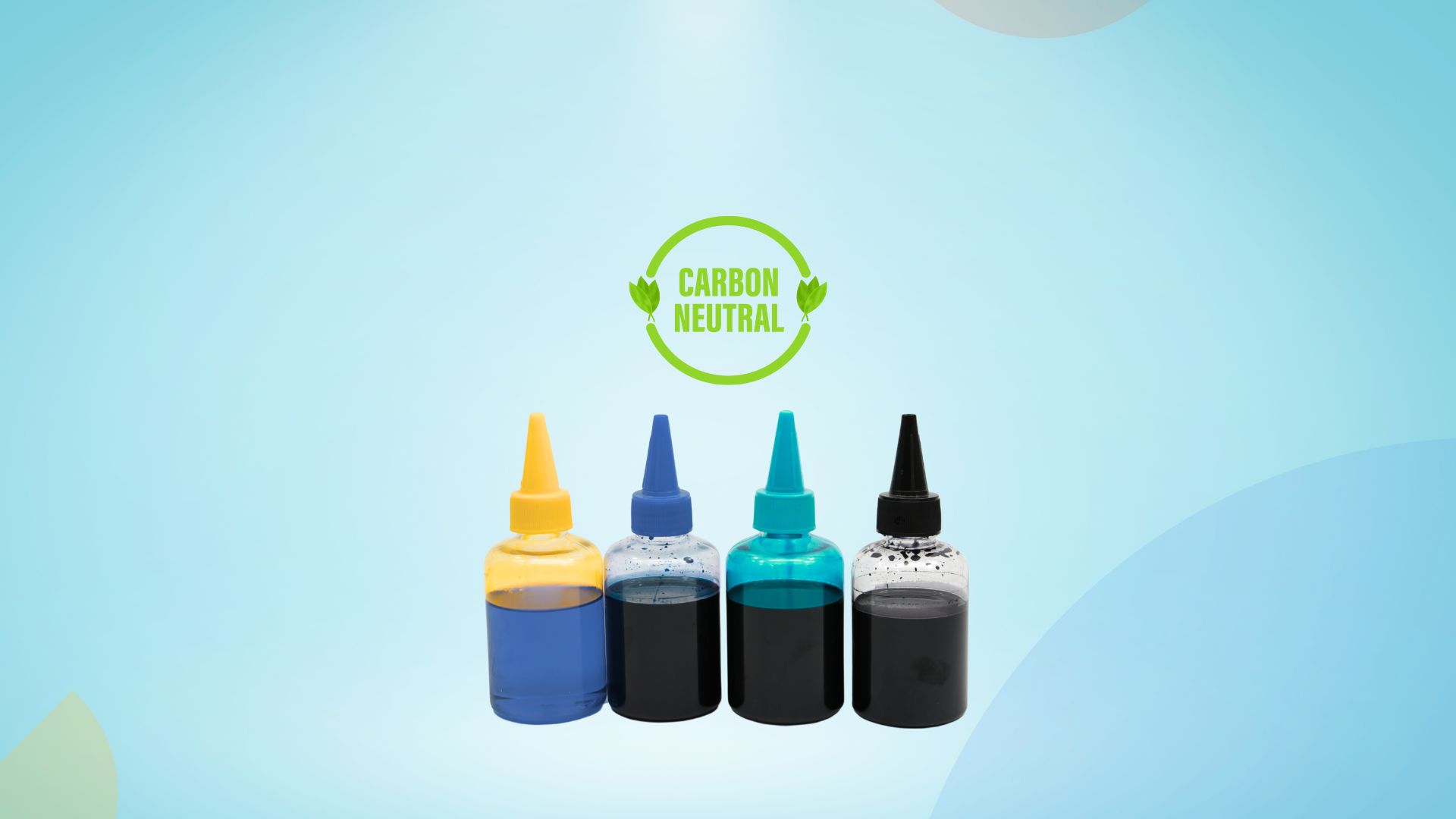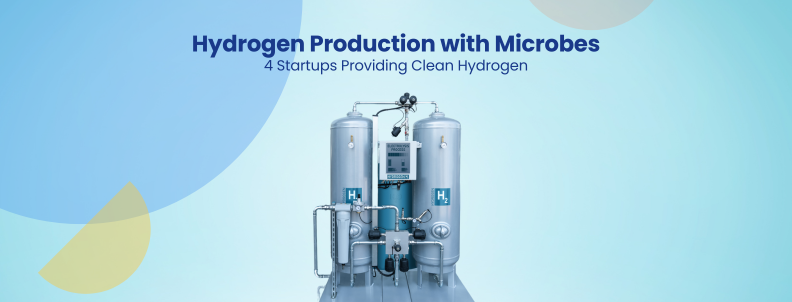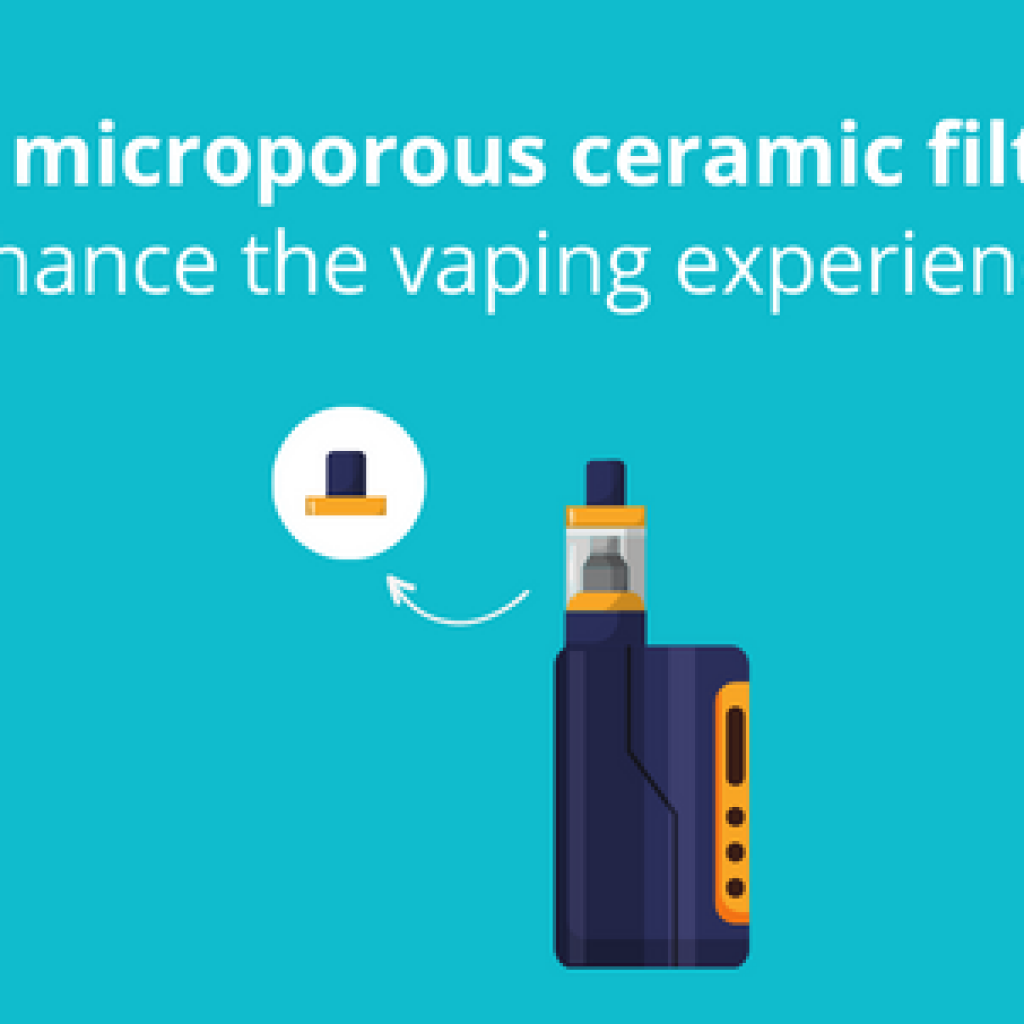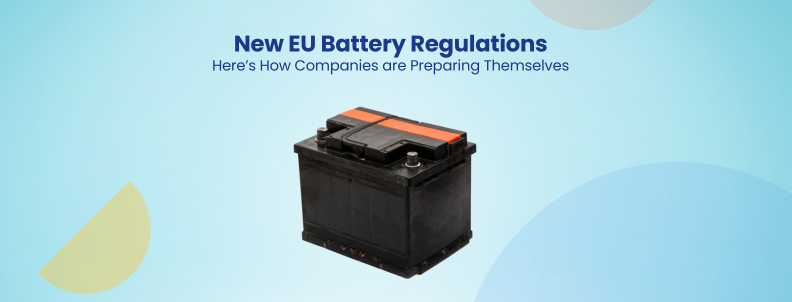The EU’s ban on titanium dioxide (E171) due to cancer risks and environmental harm highlights the need for safer, eco-friendly alternatives that align with governmental and UN sustainability goals.
In response, several startups are developing bio-based pigments that offer safer and more sustainable solutions. This article highlights five leading startups transforming the pigment industry by addressing health and environmental concerns.
Our State of Textiles report dives deeper into the industry and explores upcoming trends across various domains, such as sustainable dyeing, plant-based leather, polyester recycling, and more.
Fill out the form below and get the report in your inbox today!
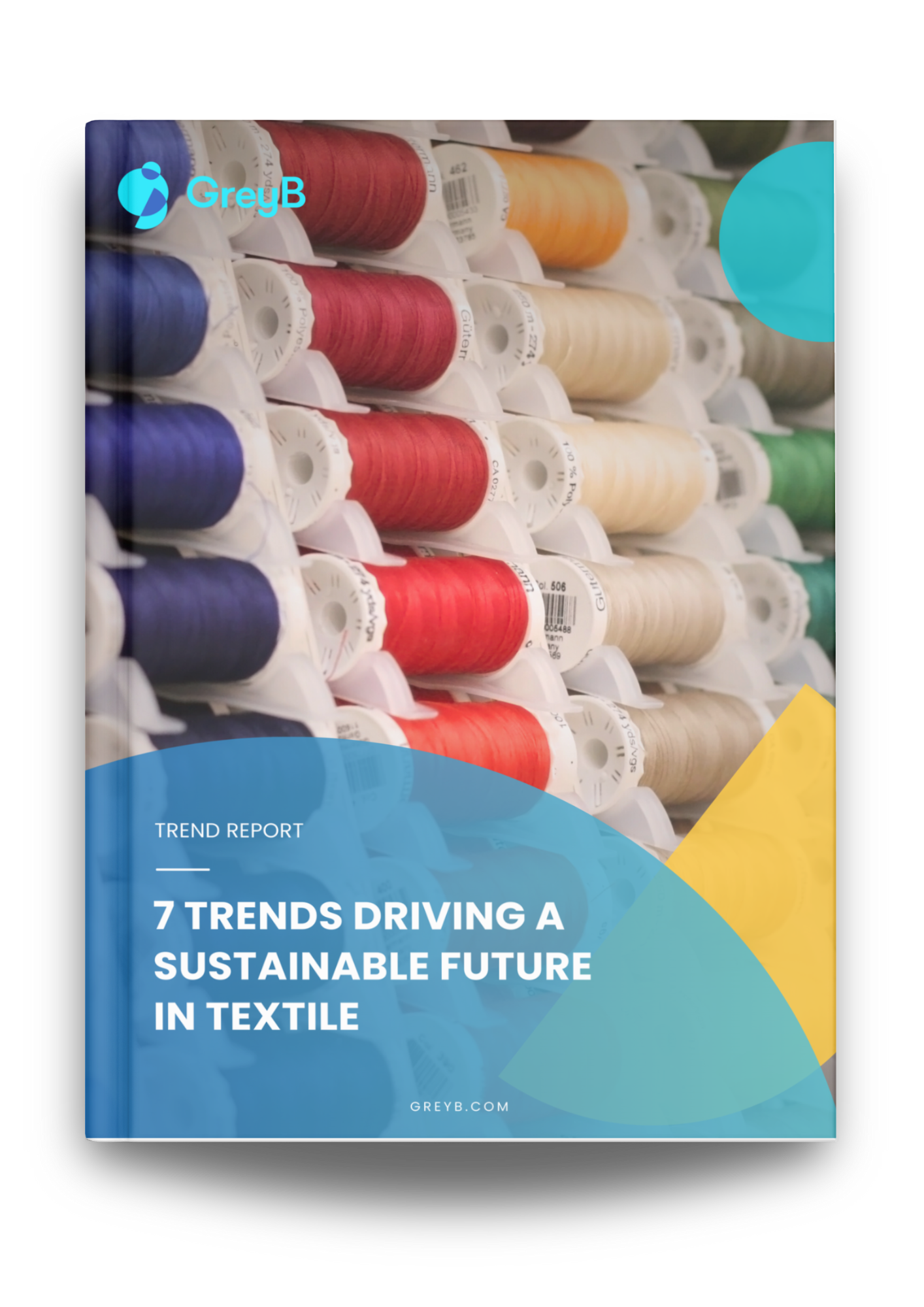
Startups developing bio-based pigments
1. Seprify
| Website | https://seprify.com/ |
| Founder | Lukas Schertel |
| Funding | $3.8 million |
| Technology | Pigment development using cellulose |
Founded in 2022, Seprify (Formally Impossible Materials) is developing a sustainable, cellulose-based white pigment inspired by the ‘brilliantly white’ Cyphochilus beetle. This innovative pigment, created by researchers from the University of Cambridge and the University of Fribourg, derives its color from the beetle’s unique fibrous structure, which scatters light across all visible wavelengths.

Unlike traditional pigments, this cellulose-based alternative does not require chemical additives, making it safe for food coloring, packaging, automobile paint, paper, and personal care items like toothpaste.
With $3.8 million raised for development, Impossible Materials is working towards regulatory approval in both the US and Europe, aiming to penetrate niche markets in the food, pharmaceutical, and cosmetic industries.
2. Pili Bio
| Website | https://www.pili.bio/ |
| Founder | Jérémie Blache |
| Funding | €30 million |
| Technology | Microbial enzymes to produce dyes |
Established in 2015, France-based Pili Bio aims to produce sustainable dyes and pigments to mitigate the environmental impact of the color industry.

Using a hybrid industrial fermentation and green chemistry process, Pili Bio generates high-performance color ranges targeted at the most polluting sectors, including textiles, inks, polymers, paints, and coatings.
The company harnesses microbial enzymes to produce dyes from renewable resources, significantly reducing energy consumption and waste.
Pili Bio has invested over €30 million to scale production, focusing on producing bio-based indigo for the textile industry. Their innovative enzymatic synthesis process transforms renewable carbon feedstocks into diverse textile dyes.
3. Phytolon
| Website | https://www.phytolon.com/ |
| Founder | Dr. Halim Jubran and Dr. Tal Zeltzer |
| Funding | $21 million |
| Technology | Microbial fermentation |
Founded in 2018 by Dr. Halim Jubran and Dr. Tal Zeltzer, Phytolon has raised approximately $21 million to advance its technology based on research from the Weizmann Institute of Science.
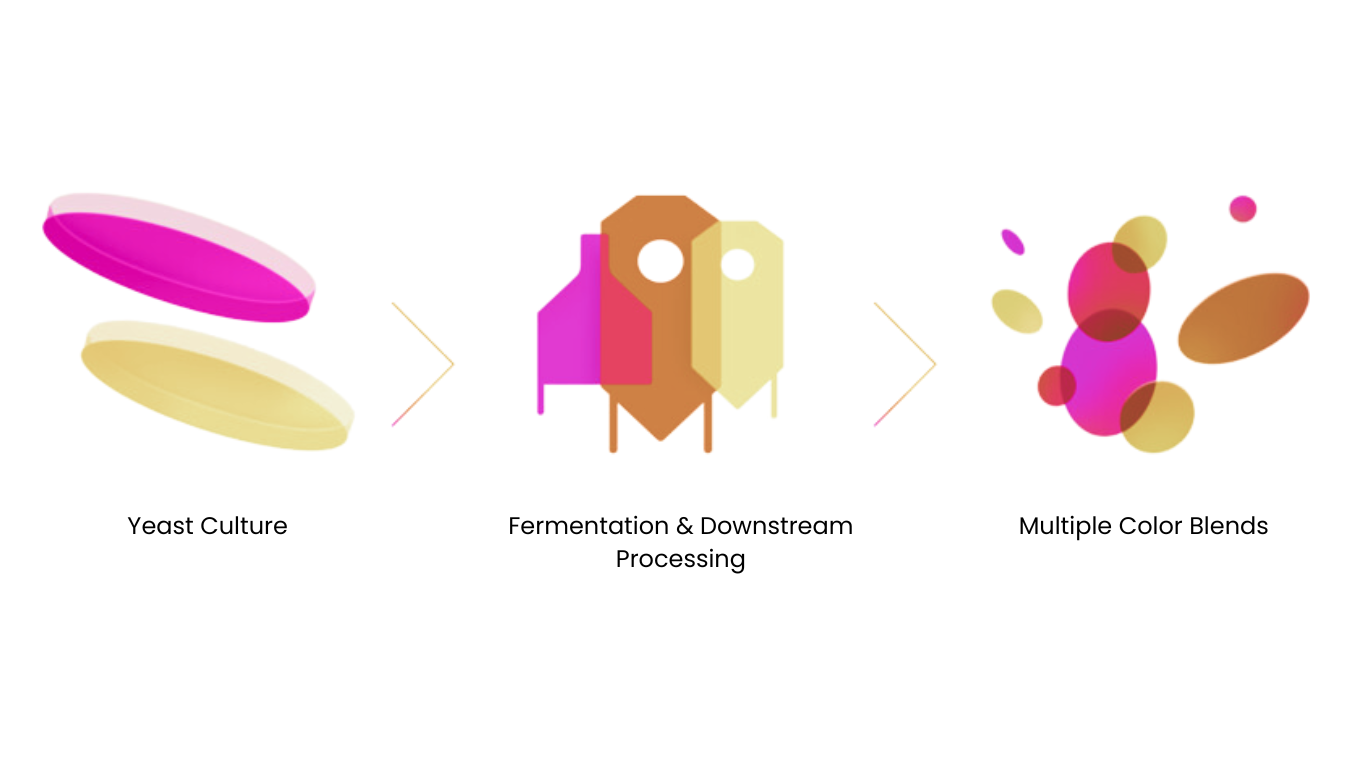
Phytolon uses genetically modified strains of baker’s yeast to produce a spectrum of water-soluble pigments ranging from yellow to purple.
These pigments are secreted directly into the fermentation broth, simplifying the downstream processing and ensuring the final product is free from traces of the host-microbe. This process reduces costs and regulatory hurdles associated with bioengineered labeling.
Phytolon has filed a color additive petition with the FDA, aiming to market its pigments in the US soon.
5 Printing Inks Reducing Carbon Footprint
4. Vetik
| Website | https://vetik.eu/ |
| Founder | Tanel Ilmjärv |
| Funding | Approximately €0.3 million |
| Technology | Using Algae to produce pigments |
Launched in 2017, Estonia-based Vetik focuses on developing sustainable colorants from algae. The company’s primary goal is to produce red colorant phycoerythrin (PE) from local red seaweed. The pigment is intended for use in natural cosmetics as a substitute for synthetic colorants.
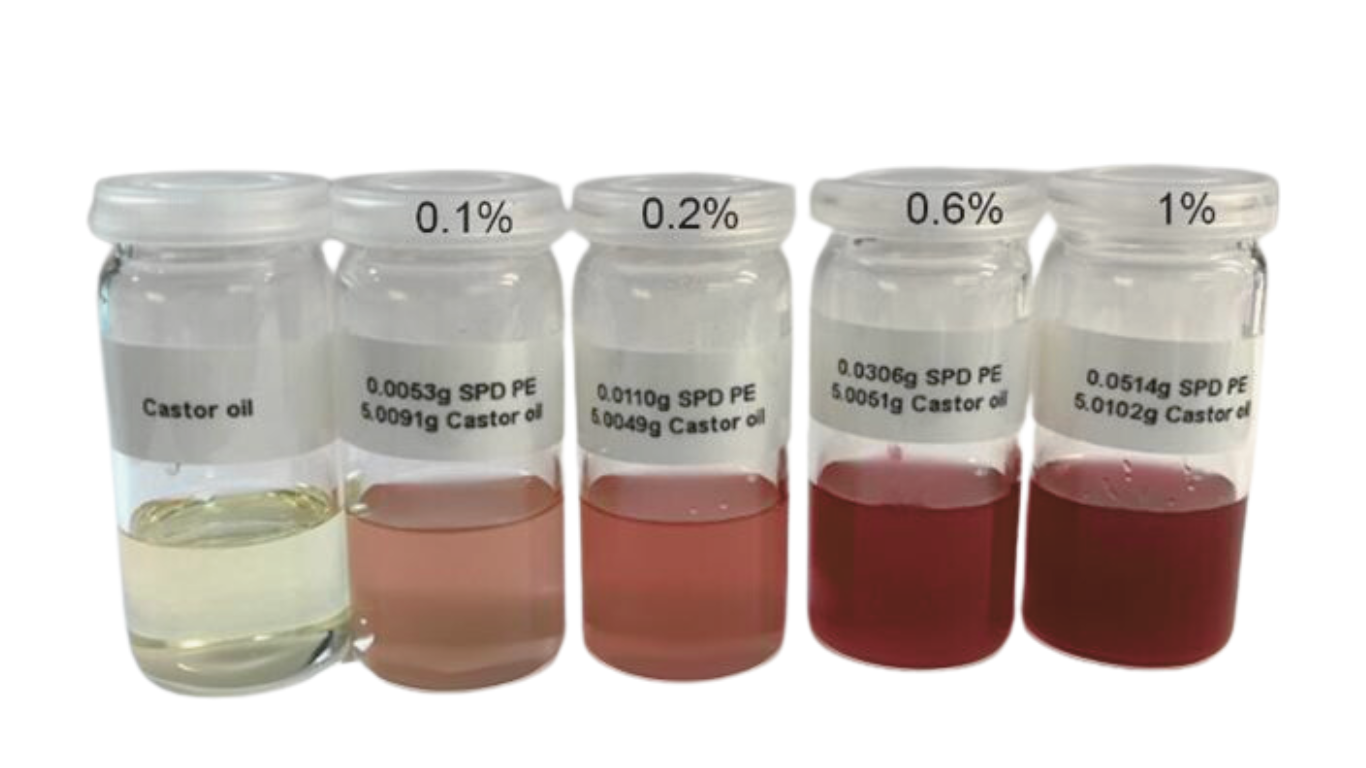
Vetik’s scalable biorefinery concept has received multiple grants from the EU to optimize and establish its production plant.
Once fully operational, Vetik aims to produce up to 1,000 tons of 0.1% color solution, meeting the high demand from cosmetic companies for sustainable and natural pigments.
5. Chromologics
| Website | https://www.chromologics.com/ |
| Founders | Gerit Tolborg and Anders Ødum |
| Funding | €7.1 million |
| Technology | Precision Fermentation |
Chromologics is a Copenhagen-based biotech spin-out from the Technical University of Denmark (DTU). Founded in 2017 by Gerit Tolborg and Anders Ødum, the company specializes in natural food colors. Its first product, Natu Red, is a natural red food color produced via precision fermentation using a non-GMO filamentous fungus.
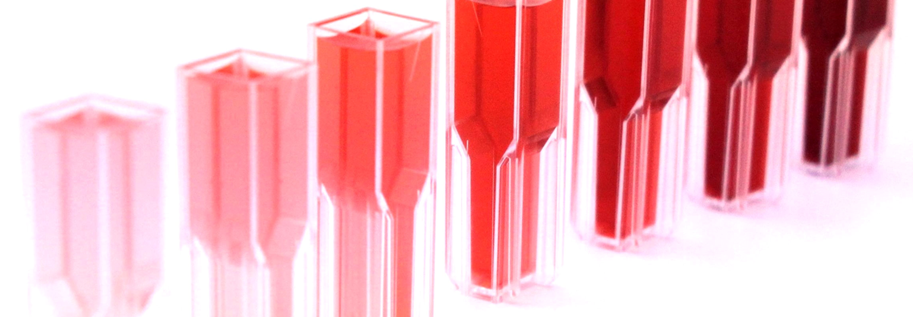
This highly efficient process uses significantly fewer raw materials than traditional pigment production. Chromologics has successfully scaled up production and is on the path to obtaining regulatory approval.
With an additional €7.1 million raised in an extended seed round, the company plans to expand its color portfolio and establish commercial production lines.
Path Forward
These companies are creating safer alternatives and paving the way for more sustainable and environmentally friendly pigments. As consumer demand for eco-friendly products rises, these startups are well-positioned to lead various industry segments towards a cleaner and healthier future.
Looking for sustainable pigments? Explore niche startups offering eco-friendly solutions aligned with your specific needs for potential collaborations.
Connect with our industry specialists to discuss emerging technologies and partnership opportunities.
How Can We Help You?
We support industry-leading R&D and Innovation professionals through complex problems. Describe your challenge, and let us bring clarity and expertise.

